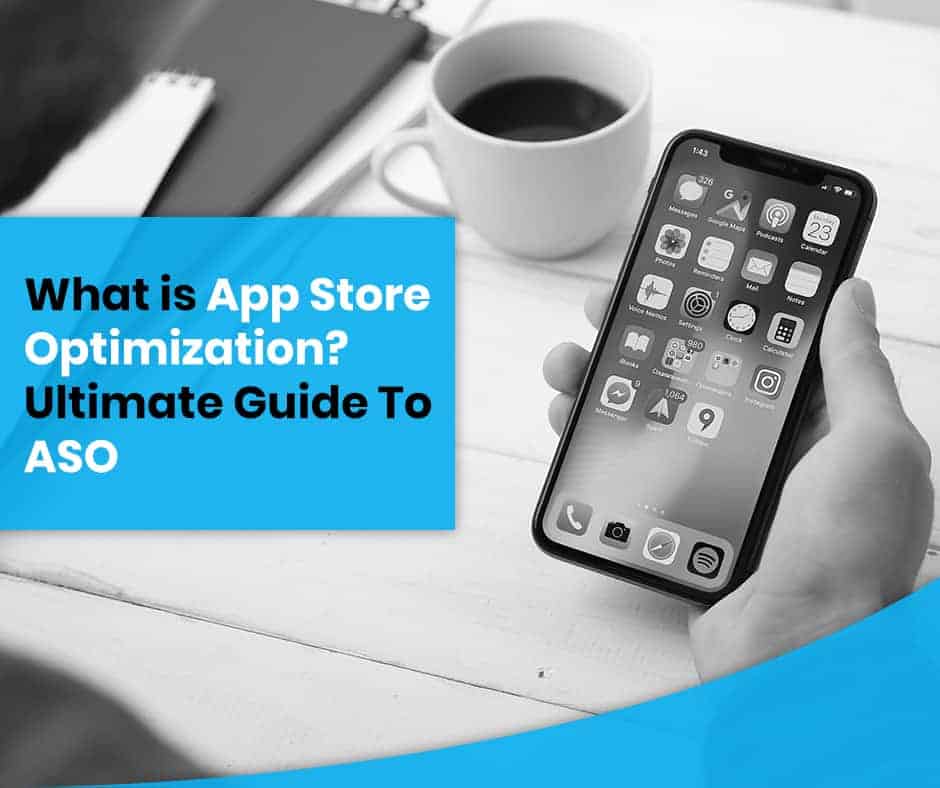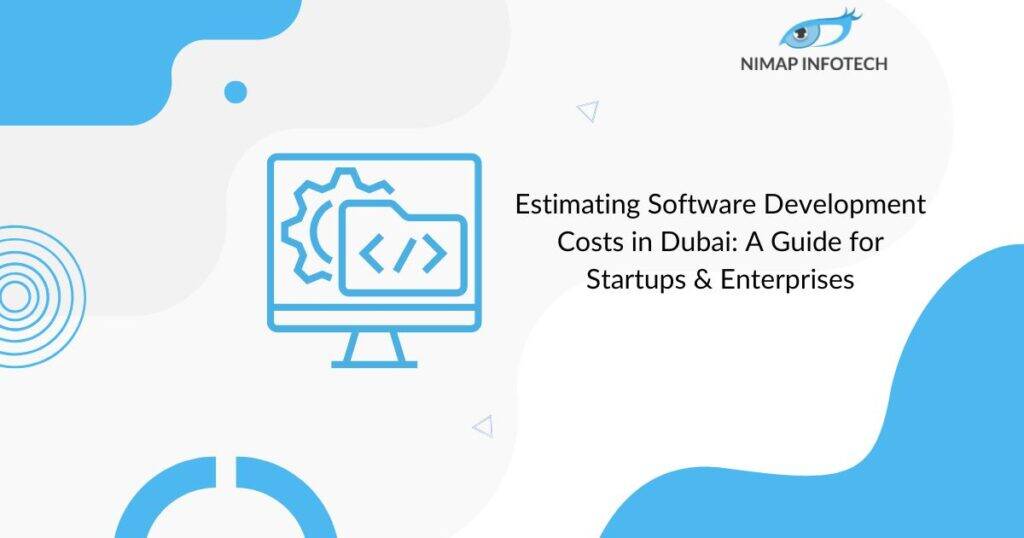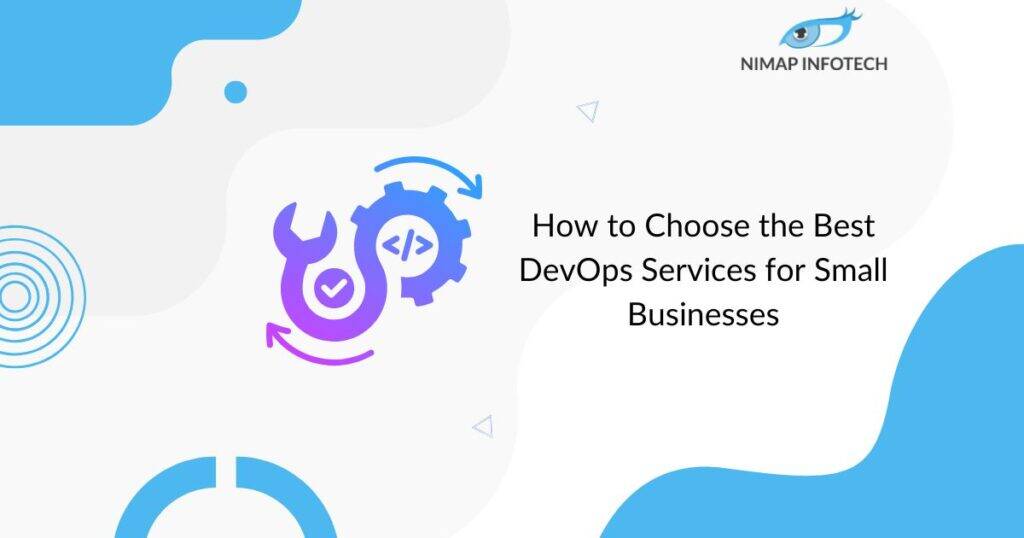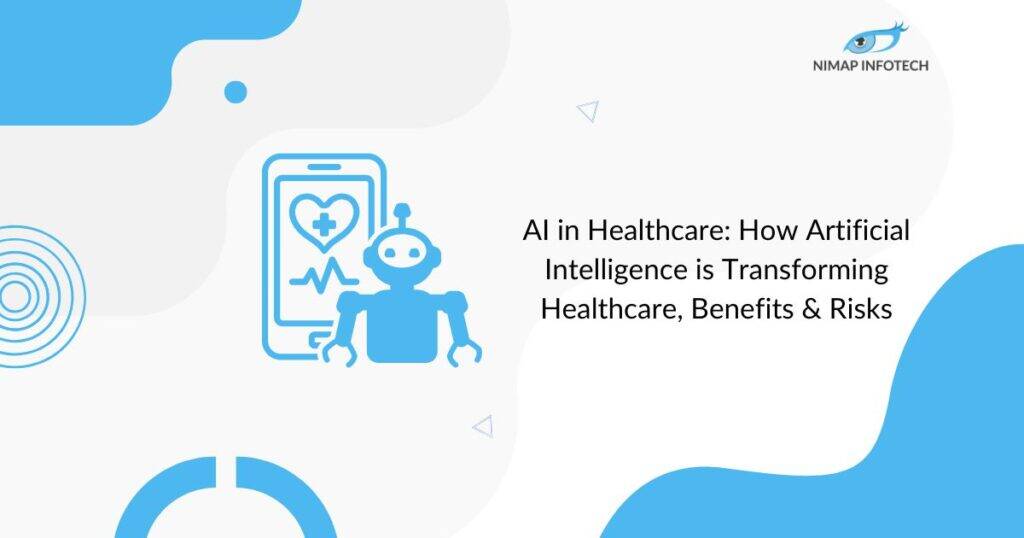Even if you are new to ASO, or are looking to refine your approach to ASO, this article is going to shed some light and give practical insights which can be proven to maximize app store success.
Table of Contents
ToggleWhat is App Store Optimization?
App store optimization is also known by a few other names that include App store marketing and Mobile app SEO.
The focus of ASO is to improve the ranking of mobile applications (Apps) directly within the app stores (such as the apple app store, Google Play, and the windows store). The main mobile phones for which apps are created are the iPhone/iPad, Android and the Windows Phone.
The primary goal of ASO is to increase app downloads and uses, but the supplemental goals can also include the following:
- Increase in brand exposure
- Positive app ratings and reviews
- App Engagement from audiences
- Diversification for additional marketing channels
Lets us present to you some statistics that prove that ASO is the next best thing that you can do for your app if your company has some apps in the stores.
According to Statista.com 270 billion apps were downloaded in 2017, and there has been a substantial increase compared to 224 billion app downloads in 2016.
When you compare it to the decline of social media growth over the past few months plus the increase in mobile devices used globally. ASO can be the tactic that you can use.
Understanding ASO
If you are new or a beginner in ASO, it is actually likely to be a much more familiar approach that you can use for your business in terms of online marketing that you can think of.
There are quite a few subtle differences between ASO and search engine optimization or SEO
App stores are in effect a closed site search engine, that in turn relies on the following
- Easy Content (App content ) discovery
- Indexation
- Plus, app ranking algorithms that are tied to the following
- Perceived app quality
- Freshness
- Brand scale
- User value signals(reviews, engagement, ratings)
Does this sound familiar? It should. All these factors are important to search ranking signals too.
Marketing experts that focus on generating increased ROI from different app stores are known to primary target key performance indicators that are tied to increasing app visibility:
- Rankings
- Impressions
- Shares
- Engagement(views, ratings)
- Downloads
Just similar to SEO, optimizing for your app’s visibility is nothing but a constant effort that is evolving and an ongoing process. When you build an app, your primary goal is to drive traffic. With a commitment to ASO, you need to consistently track as well as to measure performance and results, you can easily stand out in the App Store and Play Store, where you reach is unlimited.
Organic Optimization, Your ASO foundation
The key ingredient that is very much missing from many ASO marketing delivery approaches is organic search optimization as well as the integration of app stores within the broader marketing mix.
There have been more overlapped between ASO and SEO than there is direct competition between the two
There are lots of SEO tactics that can also be applied to traditional ASO for getting SEO gains
These are:
- App Name, title and URL optimization
- Keyword Research for ASO
- App rating as well as reviews generation and its handling
- Deep linking within mobile apps
- Integration of apps within Google SERPs (search engine result pages)
- Click through rate (CTR ) optimization
- And many more
The major marketing mistake that can be done, however when it comes to integrating SEO and ASO is to overlook the role of the website for driving volumes of referral traffic visits for your app directly to your store page and app downloads section.
Your website needs to be the driving force behind leading people through the information seeking as well as buying funnel from your main online entity(your website) through an engaged ready to buy/ download audience(your app store).
As the content levels that are provided in the app stores are limited, the more you can leverage your website content to increase app awareness and discovery to build the app authority and visibility, the greater value you will get for driving traffic as well as app downloads
Also Read: Best SEO tools you must use in 2020
In-App store tactics
There can be a number of optimization areas within the app stores, including Google Play and other app promotion platforms that can be targeted for updates and perform ongoing optimization.
As 63% of all app downloads are directly valued and attributed to app stores, you should not overestimate the value of in-app store maximization.
While the app store features and the fields that are available will vary, the following are the core optimization areas that you need to focus and improve upon:
- App name, URL as well as a subtitle: You need to ensure that they reflect the core keywords describing your app and reinforce value, differentiation as well as other perceived value signals. It is highly important that these reflect the highest value keywords and user search behavior.
- App keyword fields: These are essential to get right and to update in order to show the latest and changing user search queries. Traditional keyword research is needed for optimizing this parameter
- App ratings and reviews: A core trust area for users as well as a major ranking signal for app stores. Volume freshness, as well as ratings, does matter. You need to have a core framework in place to generate regular reviews and replying to and engaging with reviews.
- App Downloads: As you can expect more downloads for your app, the higher the perceived buzz and demand for the user value associated with the app. Increasing the volume of downloads will easily support the increased prominence within the app store’s organic rankings.
App Updates: Downloads deserve freshness
The top-performing app in the apps store is those that are ever-evolving and are constantly being updated with newer features, technology changes, user feedback, feature additions, and improvements.
Apps that tend to get updated frequently tend to deserve more positive and frequent reviews.
Updating your app at regular intervals can bring an added relevance to your product for your audience and enable your brand to react to changing audience needs and competition changes with both app refinement and improvement.
Both the Apple app store and the Google Play store are taking into consideration the regularity of app updates as a part of their ranking factor for apps.
This means that your brand is dedicated to progressing your app offerings, the greater your likely app rankings and your instore performance will be.
Some additional tips:
- App stores use keyword triggers in your app name, description as well as title and other associated fields, so you need to ensure that you spend time researching the best keywords you can use and that you regularly visit them at regular intervals for optimization opportunities
- How you present your app on your app store page will have a big impact on your conversion rate value(downloads) that you get from the page. Product page CROs need to be the ongoing focus area for generating downloads
- Thumbnail and screenshots used to promote your apps in stores will directly impact the Click through rates of impressions to click extra app pages
- A/B tests each of your app store fields for continuously improving the key metrics associated with each field. This type of experimentation and hypothesis testing is critical for extracting every ounce of value from available optimization areas within the app stores.
- You need to consider Apple’s spotlight search. By using this app store feature, users can search the apps that they have installed on their mobile phones. When you enable Apple’s spotlight search, you can impact app usage and their engagement levels as people are going to be exposed to your app more frequently.
Also Read: Difference Between SEO and SEM(SEO vs SEM)
Conclusion:
We have discussed some well known techniques that you can use for your App store optimization and Google Play store optimization.
Author
-

Sagar Nagda is the Founder and Owner of Nimap Infotech, a leading IT outsourcing and project management company specializing in web and mobile app development. With an MBA from Bocconi University, Italy, and a Digital Marketing specialization from UCLA, Sagar blends business acumen with digital expertise. He has organically scaled Nimap Infotech, serving 500+ clients with over 1200 projects delivered.
View all posts








